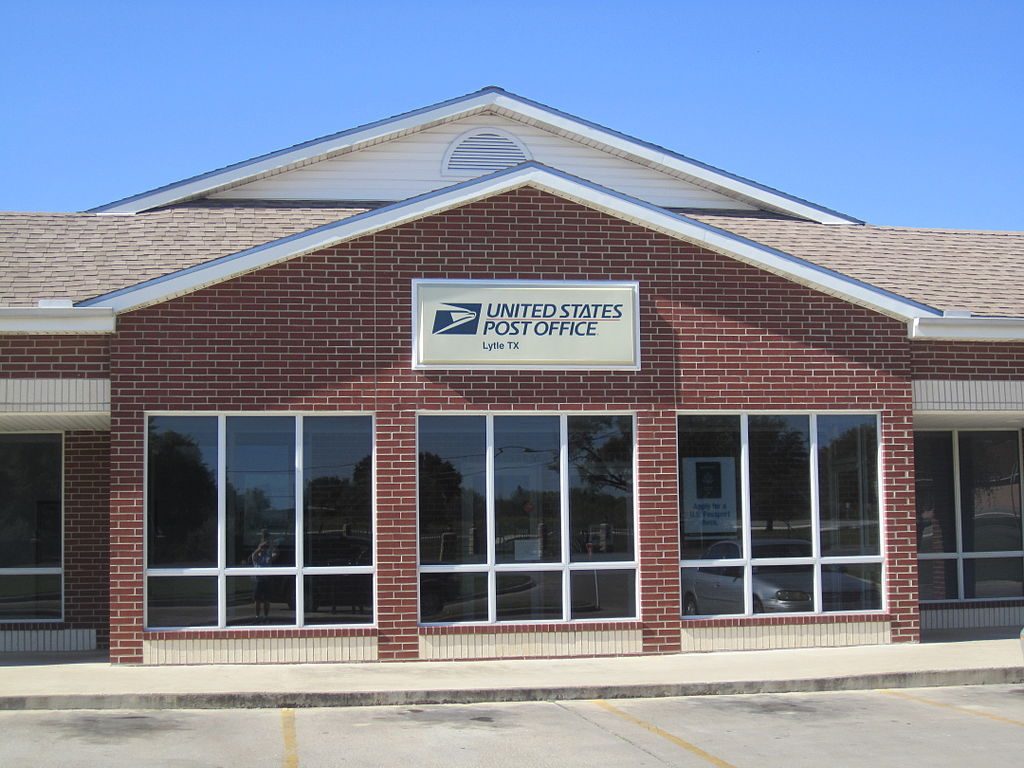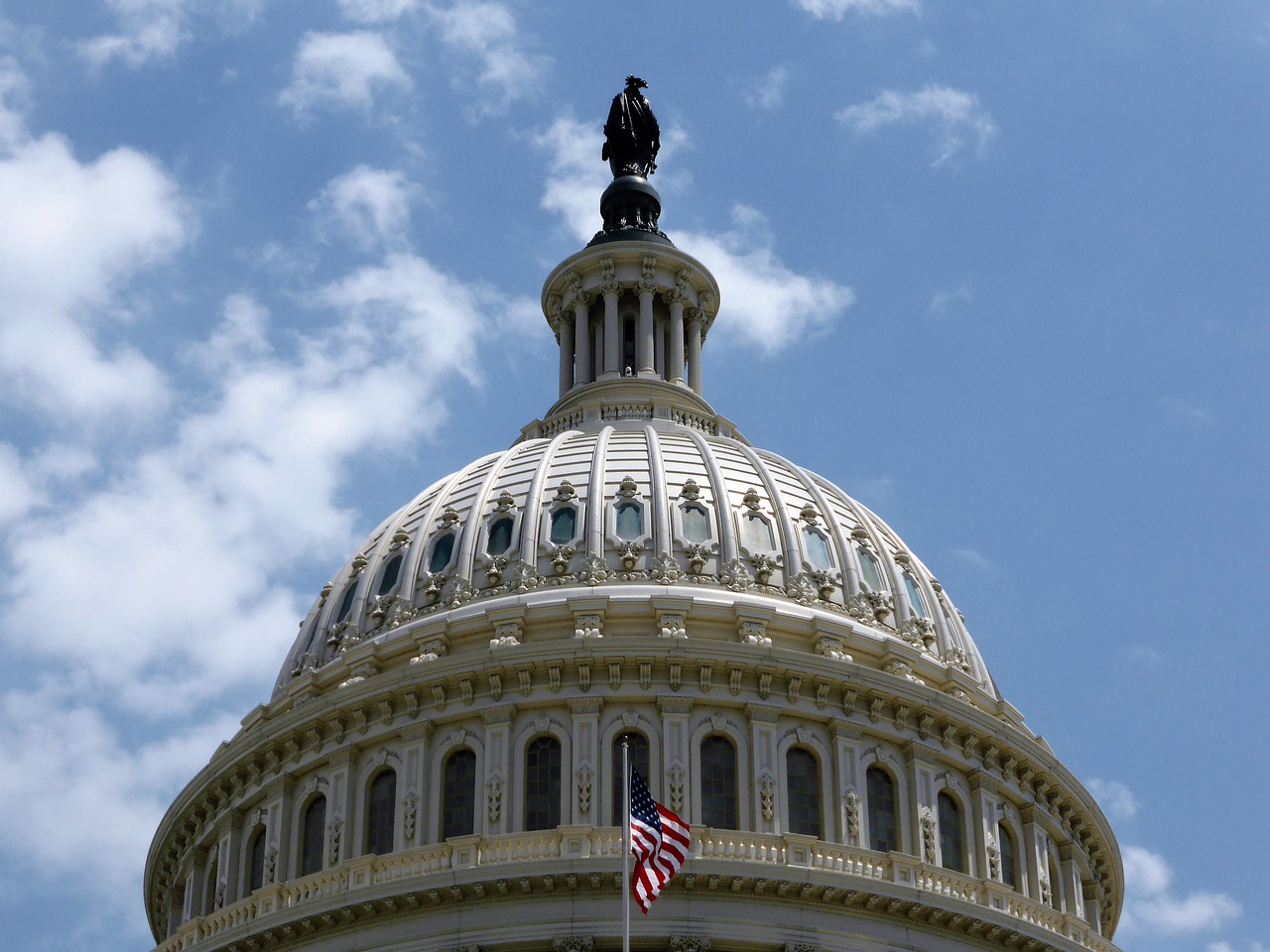Postal Banking: The Future of Affordable Finance?
New York Senator Kirsten Gillibrand proposed a new policy in which local United States Postal Service offices nationwide can become public banks. This particular policy would likely assist areas that lack affordable banking options. It would also support public mailing services in the modern age of private logistic companies such as UPS, FedEx, and Amazon, and the continuation of digital platforms including email, online banking, digital payment services, and computer clouding.

Besides offering checking and saving account services to those who want to utilize this public banking option, the postal banking systems would also provide small loans being taken out by the customers at reasonable interest rates, especially for banking users who often heavily rely on controversial private payday loan lenders. Some senators, including Elizabeth Warren and Bernie Sanders, have also been advocates for proposals creating public banking options. Countries such as Germany and the Swiss Confederation, and states such as North Dakota, also have public banking options for its citizens.
Many progressive politicians have proposed a wide variety of banking regulation policies including the expansion of labor union organizing for banking workers, greater support for credit unions or other forms of banking cooperatives, further consumer protection regulations on payday loan lenders, and utilizing antitrust laws to break up big banks in order to generate competition, innovation, and affordable pricing.




